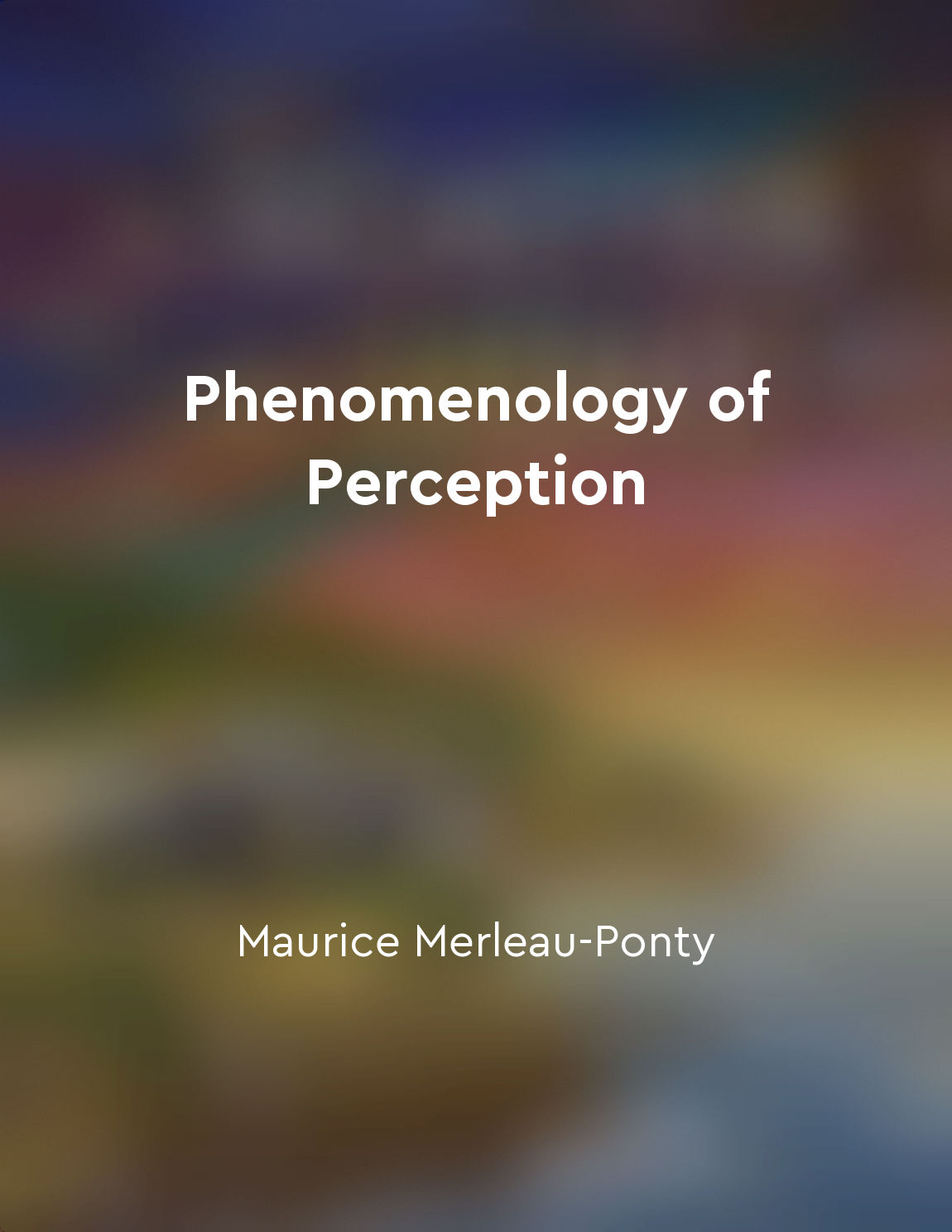The Five Skandhas are the components of experiential reality from "summary" of Buddhism For Dummies by Jonathan Landaw,Stephan Bodian,Gudrun Bühnemann
The Five Skandhas, or heaps, represent the different aspects of human experience according to Buddhist philosophy. These components are form, feeling, perception, mental formations, and consciousness. Form refers to the physical body and the material world that we perceive through our senses. Feeling represents the different emotions and sensations that arise in response to our experiences. Perception involves the recognition and categorization of these experiences based on our past conditioning and beliefs. Mental formations encompass thoughts, beliefs, attitudes, and habitual patterns of behavior that shape our responses to the world around us. Finally, consciousness refers to the awareness that underlies all our experiences and allows us to perceive the world. These five skandhas work together to create our sense of self and the world we inhabit. However, according to Buddhist teachings, this sense of self is ultimately illusory and leads to suffering.- We can begin to break free from the cycle of suffering. Through mindfulness and insight meditation practices, we can develop a deeper awareness of these components and cultivate a more liberated way of being in the world. This insight allows us to see through the illusion of the self and realize the interconnected nature of all things. Ultimately, by transcending the limitations of the skandhas, we can attain enlightenment and experience true liberation from suffering.
Similar Posts
Selfinterest often drives actions
It is a common observation that individuals are primarily motivated by self-interest. People tend to act in ways that they beli...
Practice nonviolence in thought, speech, and action
The concept of practicing nonviolence in thought, speech, and action is a fundamental teaching in Buddhism. It is based on the ...
Shiva's portrayal in ancient texts and scriptures
Shiva, the supreme deity in Hindu mythology, is portrayed in various ancient texts and scriptures in a multitude of ways. These...
Movement and exercise are vital for holistic wellbeing
Movement and exercise play a crucial role in promoting holistic wellbeing, encompassing physical, mental, emotional, and social...
Mindfulness practices for mental wellbeing
The cultivation of mindfulness is regarded as a key practice for enhancing mental well-being in both the Buddhist tradition and...
Teaching the Four Noble Truths
The Buddha, with his profound wisdom and compassion, embarked on a mission to alleviate the suffering of all living beings. He ...
Studying consciousness through meditation
The investigation of consciousness through the practice of meditation is a central theme in the dialogue between Buddhism and n...
The Eightfold Path outlines the steps to achieve enlightenment
The Eightfold Path serves as a practical guide for those seeking enlightenment in Buddhism. This path consists of eight interco...
Personal identity is shaped by continuous change and perception
The idea that personal identity is shaped by continuous change and perception is a central theme in the text. According to the ...

The body has its own intelligence and agency
The body is not just an object that we have, but it is also a subject that actively engages with the world. It possesses its ow...

